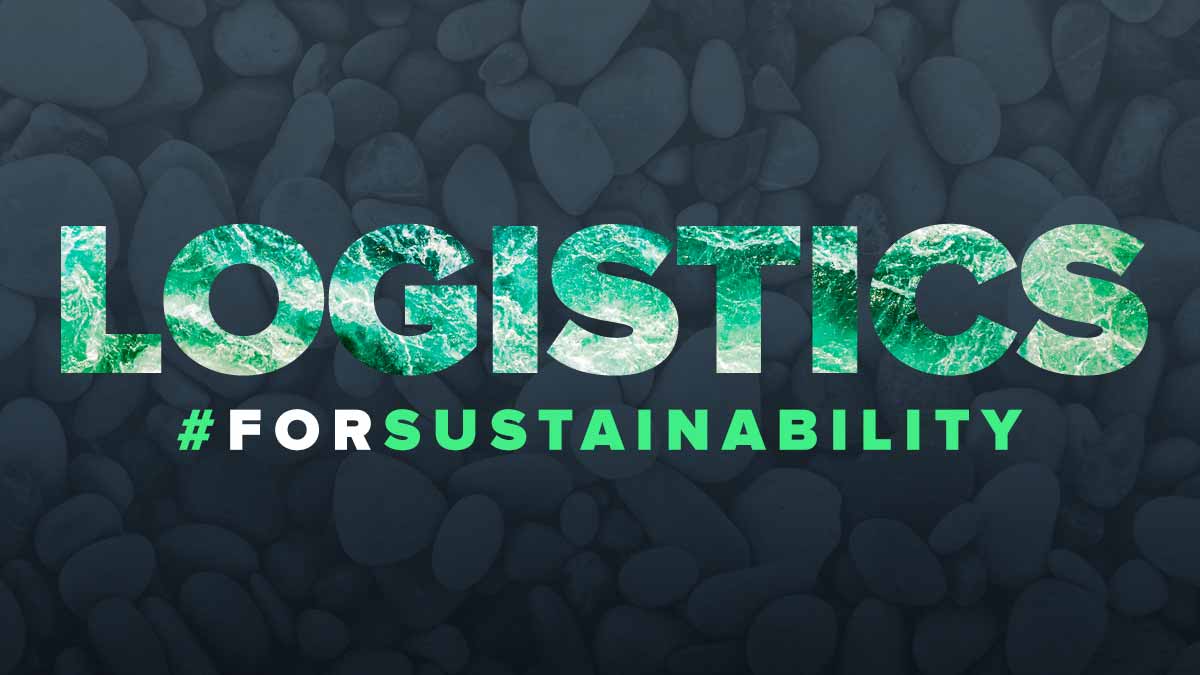Green loans and their application in the real estate sector
The government has committed to achieving net zero carbon emissions by 2050 and has made it clear that the financial services play a key role in supporting this by financing the 'greening' of the economy.
A greener financial services market
This has been emphasised by the Financial Conduct Authority ("FCA") which has stated that it wants to encourage the financial services industry to "bring about societal benefits by accelerating the transition to a net zero emissions economy" and to ensure that market participants can manage the risk from moving to such an economy. The green loan market forms part of this by aiming to facilitate and support environmentally sustainable economic activity.
With climate change on the political agenda, the number of green and sustainability linked loans has been increasing over the last few years with companies and lenders alike trying to do more to establish their green credentials (or seeking to improve long term financial performance by moving to more sustainable ways of operating).
Green loan or sustainability linked loan?
Whilst often referred to broadly as green loans, there is a distinction between green and sustainability linked loans.
- With green loans, the loan proceeds are used for 'green projects' (including green buildings, energy efficiencies and pollution prevention and control).
- The proceeds of sustainability linked loans however, do not have to be used for a green purpose but rather the terms of the loan incentivise the borrower (for example, through pricing) to improve its performance against socially sustainable economic activity. For example, Nokia recently took out a EUR1.5 billion sustainability linked loan, whereby its margin is linked to its progress in reducing greenhouse gas emissions from its operations and its customers' use of Nokia products.
Green washing and market standards
The increase in the demand for green finance meant that without some form of structure or market standard (for example, how green performance is measured) there was a risk of 'green washing' (whereby a product is claimed to be 'green' but is in fact no different to a normal loan). The FCA wants to ensure that the market "develops in a fairly orderly way to meet user's needs" and has emphasised the need for a market standard and structure to achieve this.
The loan markets have responded by publishing a set of standards for both green loans and sustainability linked loans (produced by a working party including the Loan Market Association). The 'Green Loan Principles' published in December 2018 and the 'Sustainability Linked Loan Principles' published in March 2019 provide a framework to ensure consistent standards are applied in the market when advancing these types of loans.
Green loans in the real estate sector
The built environment accounts for about 40% of total carbon emissions in the UK. As such, the real estate sector has the capacity to make a large impact in moving towards a more sustainable energy economy.
As noted above, green loans can be used to finance 'green projects' which include green buildings that meet "regional, national or internationally recognised standards or certifications" (in the UK these are most likely to be the Building Research Establishment Environmental Assessment Method or the Code for Sustainable Homes).
Increasingly, lenders are offering a green loan tranche in their development facilities to finance the development of buildings that meet this standard (or indeed other specific green projects on the site, such as installing renewable energy).
Some lenders may also offer margin reductions on these green tranches - as such they may offer an attractive product to borrowers.
As well as new building projects, there is of course the need to improve the energy efficiency of existing buildings. The recently formed Coalition for the Energy Efficiency of Buildings aims to expand the market in this regard to ensure property owners have access to finance to make the necessary improvements to their portfolios.
With political and regulatory focus on producing a greener economy, the real estate market is likely to see more green loans over the coming years.
Forsters has experience advising its real estate clients in relation to these loans. If you would like further guidance or advice in relation to this area, please contact Rowena Marshall, a partner in our Banking group, for assistance.
Disclaimer
This note reflects our opinion and views as of 30 April 2020 and is a general summary of the legal position. It does not constitute legal advice.
Logistics – the future is sustainable
The logistics sector could be forgiven for becoming complacent due to the seemingly never-ending demand for prime warehouse space. However, the developers that operate within the sector are acutely aware that in order to remain on trend, the sector (much like the rest of the world) needs to operate in a sustainable fashion.


